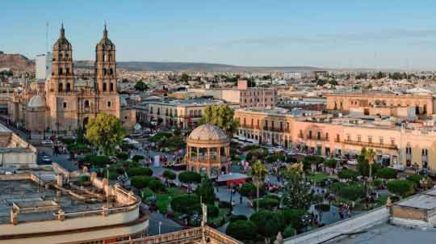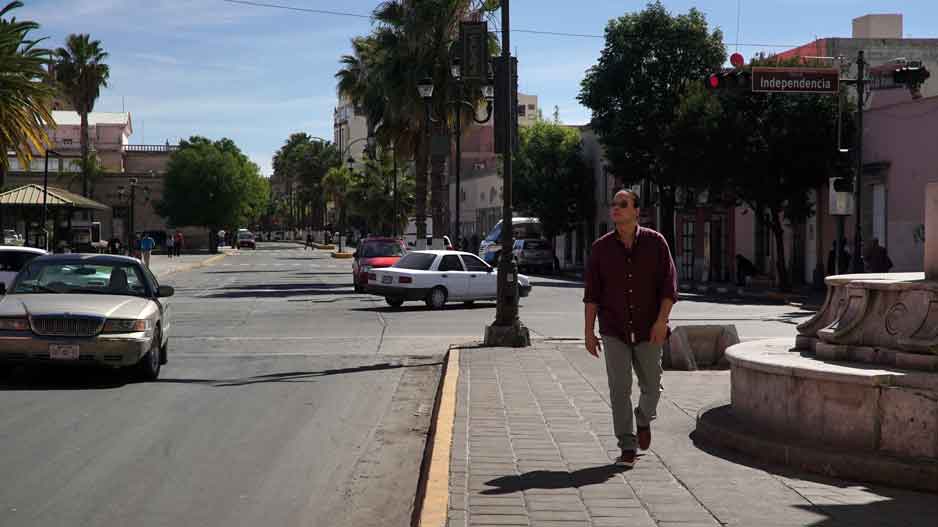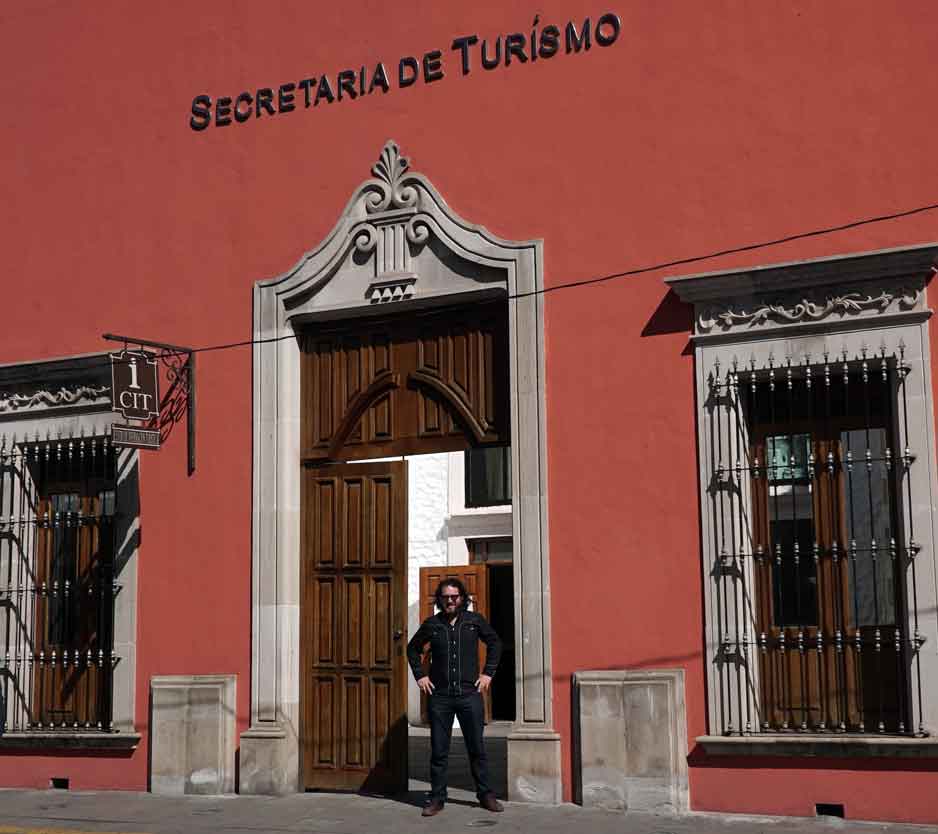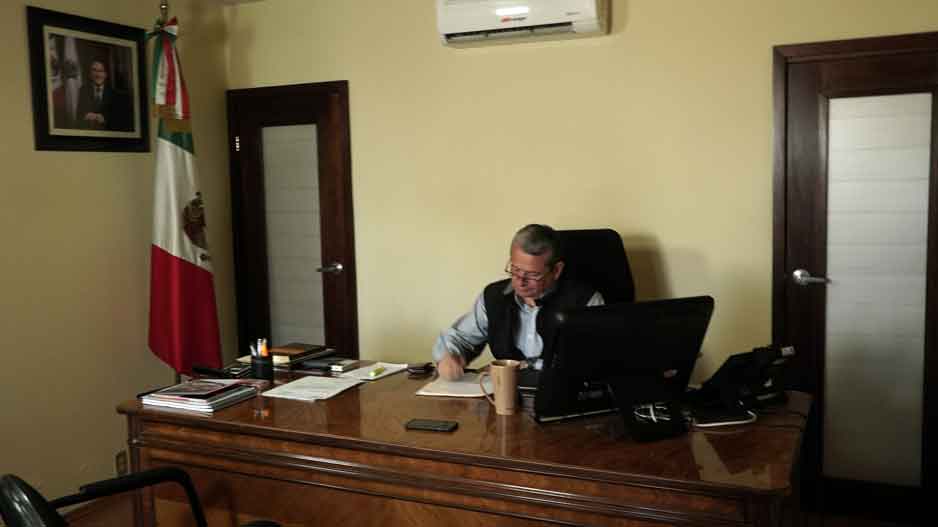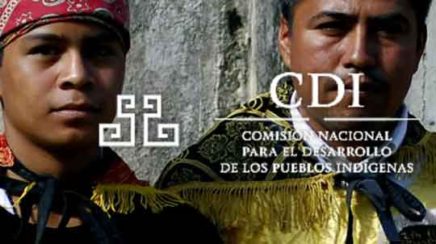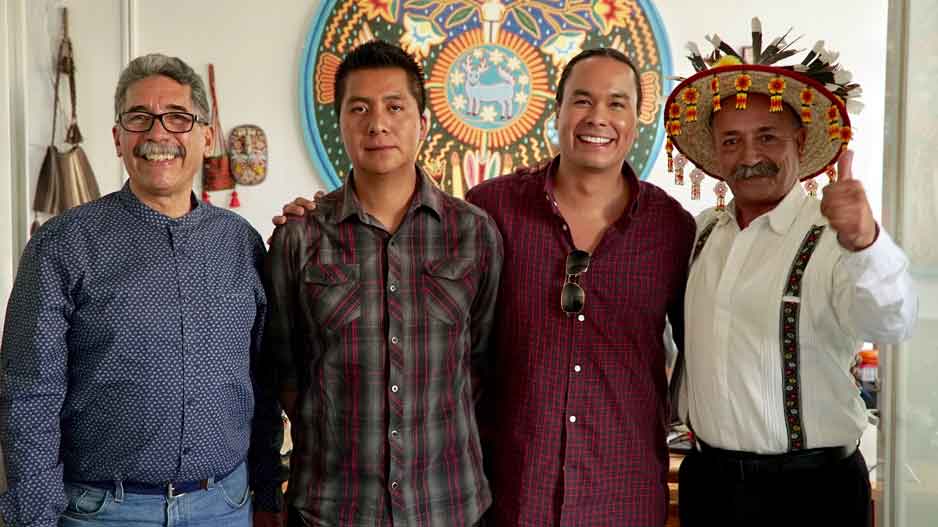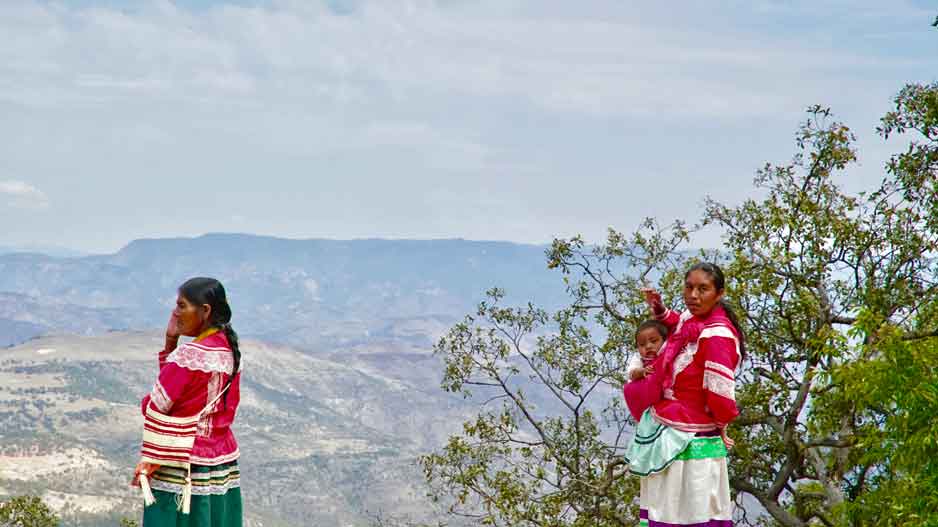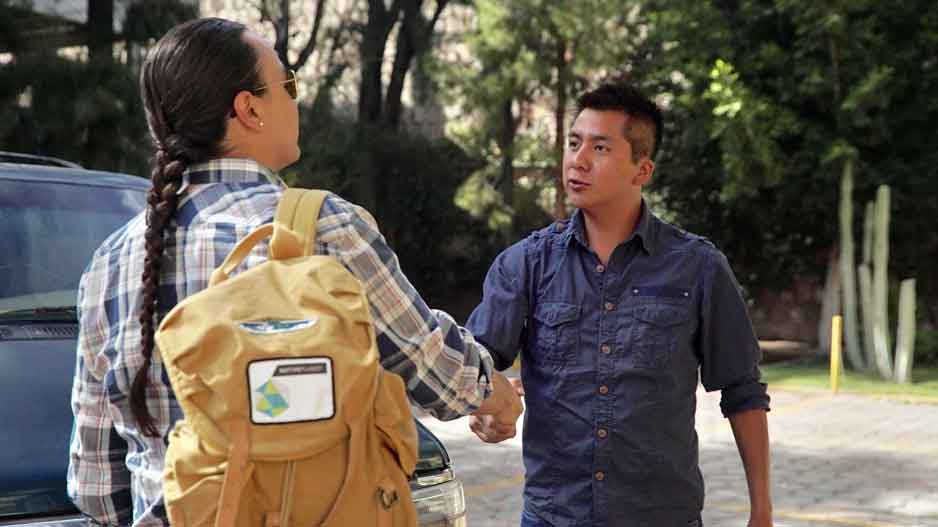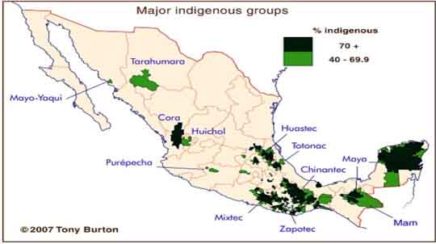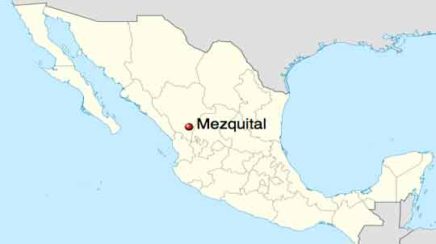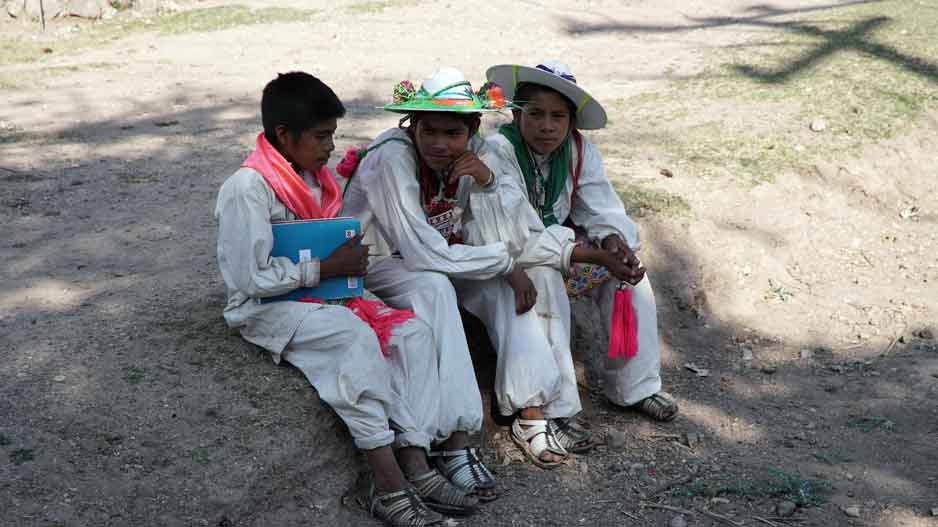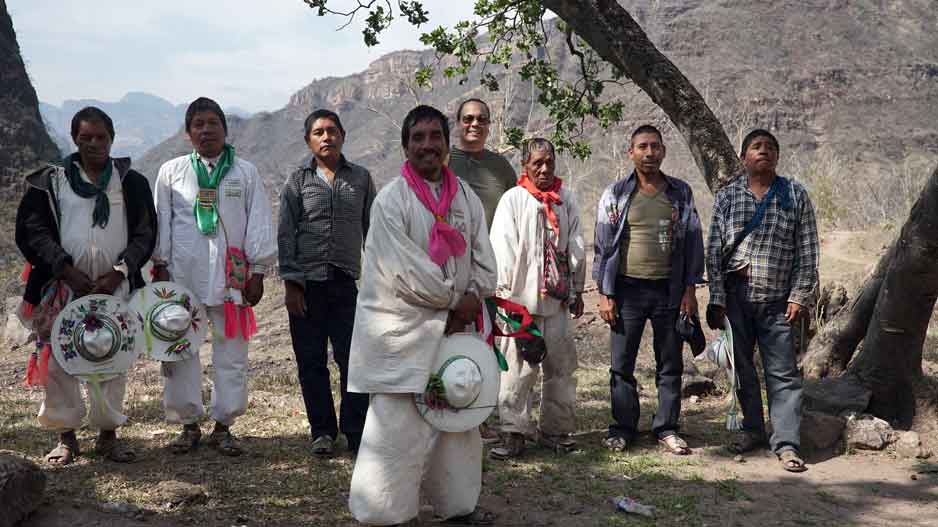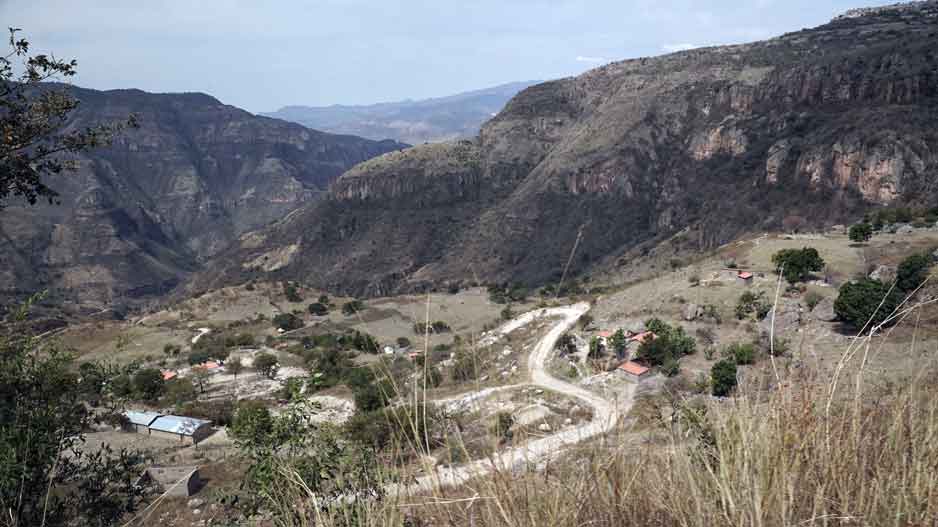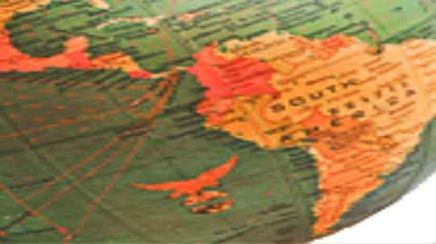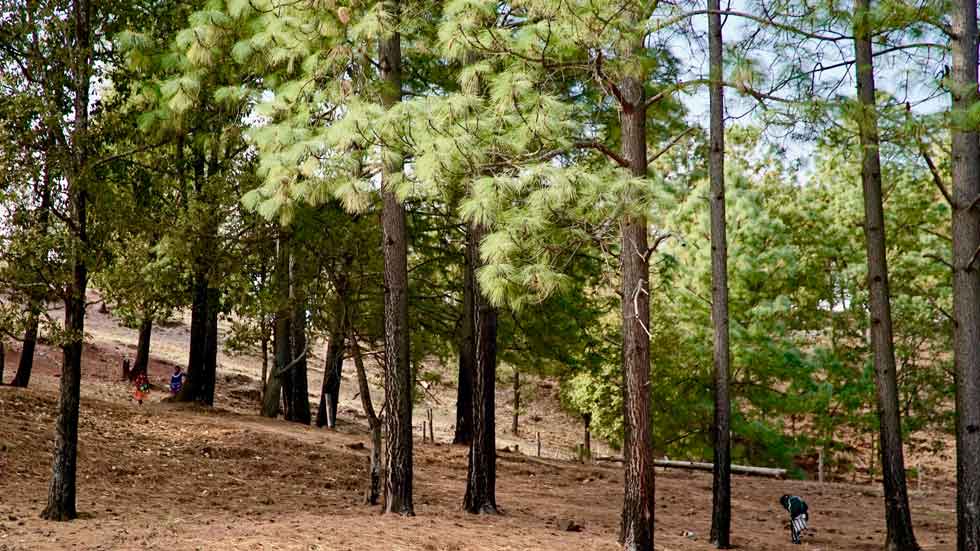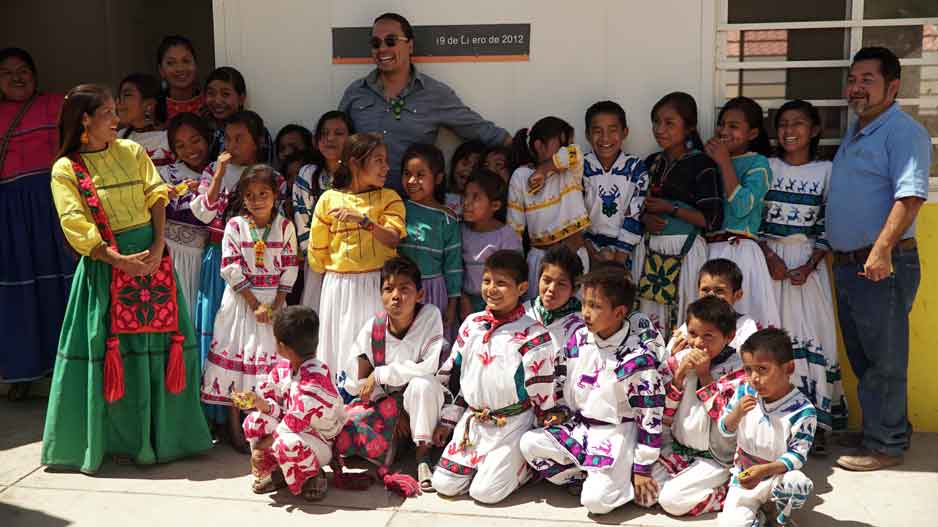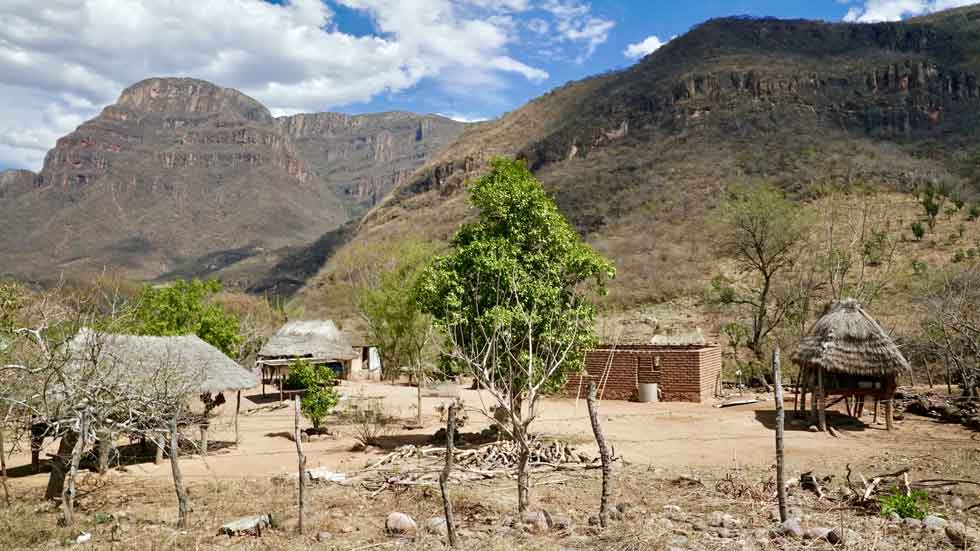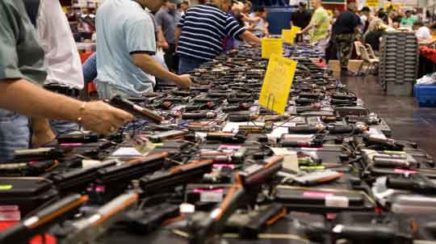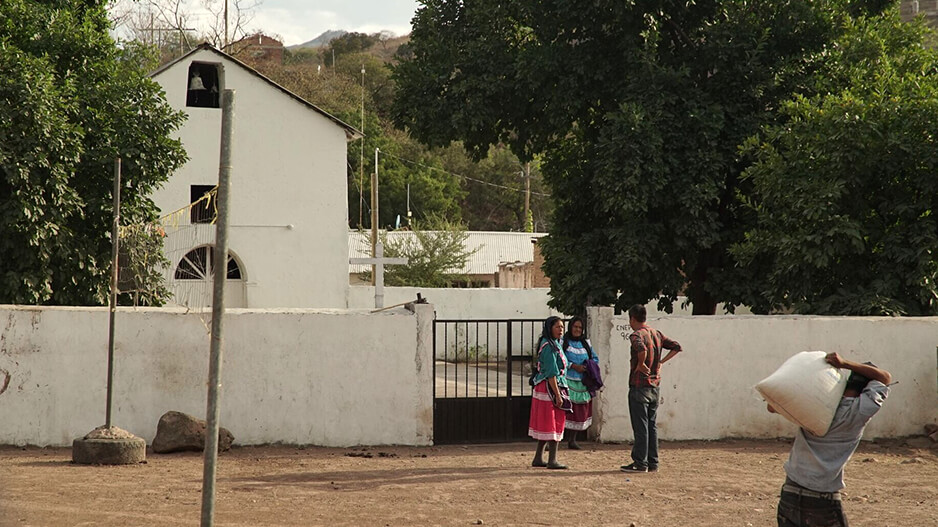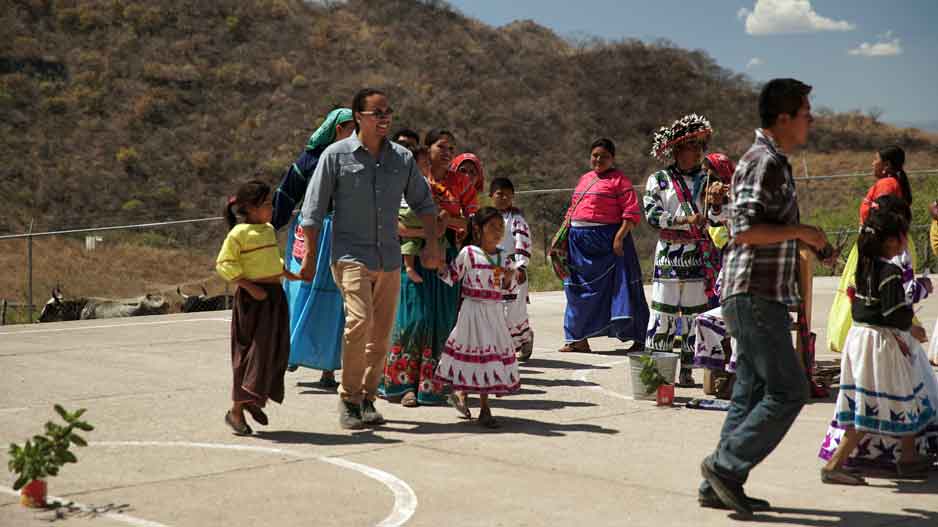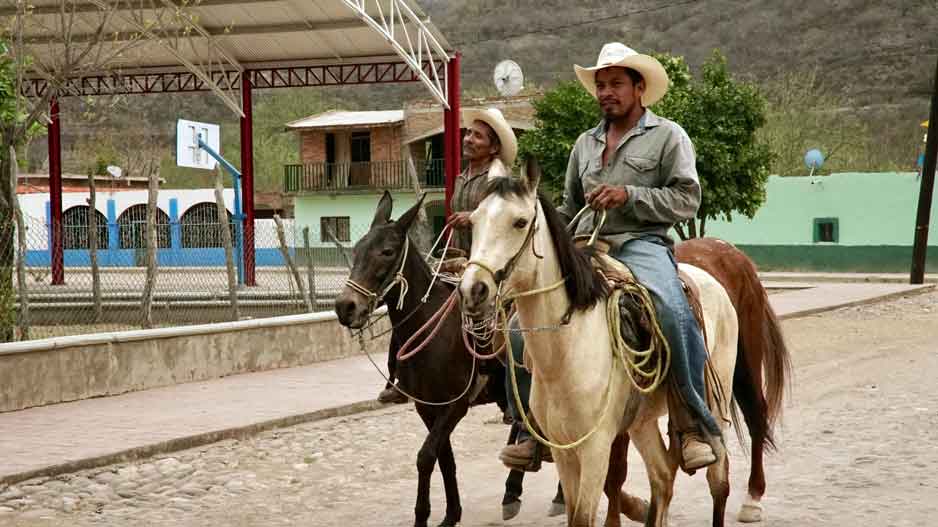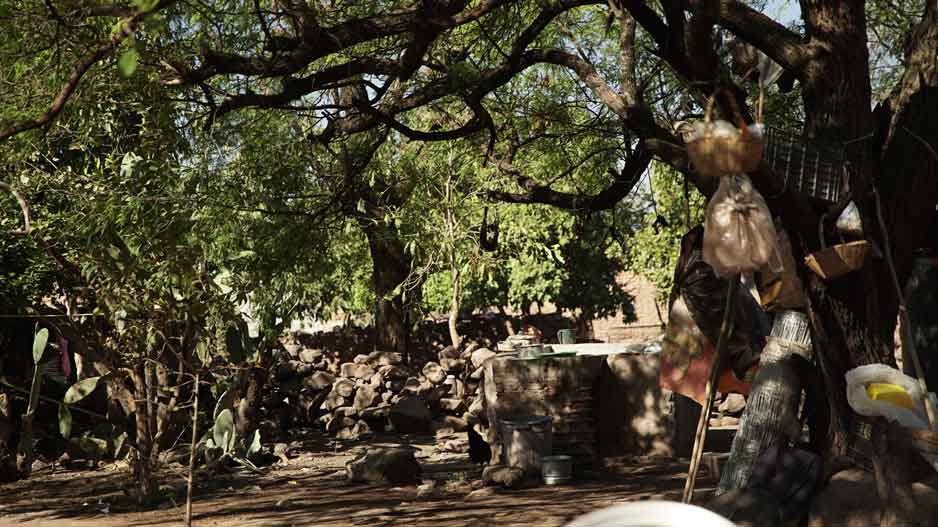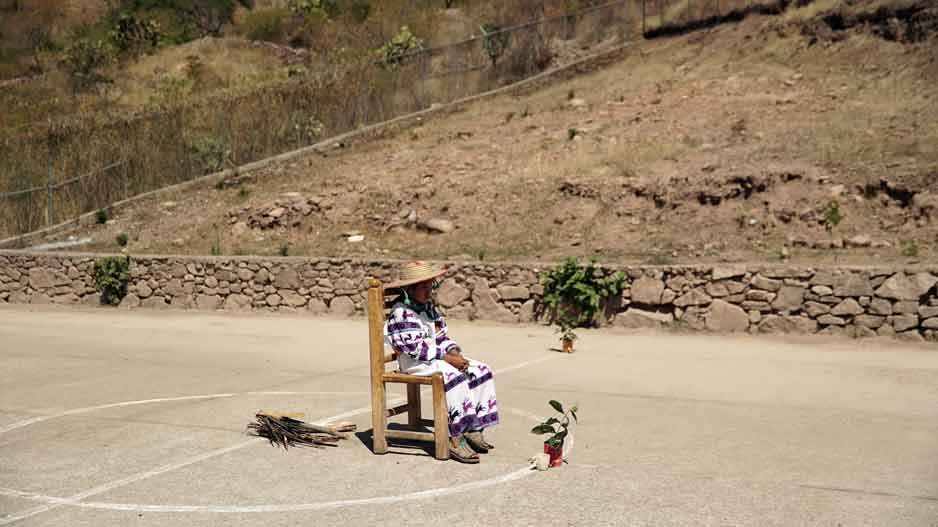We continue our journey to San Francisco Ocotan, San Pedro Xicoras and San Antonio de Padua, where we are to meet the traditional authorities and the people of each community.
In San Francisco the authorities came to their government house to meet us, we formally introduced ourselves to everyone, it was clear their idea of authority didn’t imply the notion of one being superior to another, they had a gracious way of speaking as a collective. I am impressed by the seeming simplicity of their government structures, yet each member of the community has a role, and everyone counts, even if some men speak for the women, in their collective way of being that is nor perceived as a slight and it’s meant instead to protect them from outsiders.
In San Pedro I am invited to visit their church, they ask among themselves who is ‘clean’ and look at each other. They decide to wait for someone else. Curious about the meaning of ‘clean’ they invite me inside and explain the ritual they perform every year together to cleanse their minds and hearts of negative thoughts and pray for peace in the world. Unless they are feeling ‘clean’ they don’t enter the sacred places. I am moved by the power of their way.

